Does the Uniform Make a Hero?
September 2001, I was a lieutenant stationed at Los Angeles Air Force Base. On my way home from work one evening I stopped at a gas station to fill up. A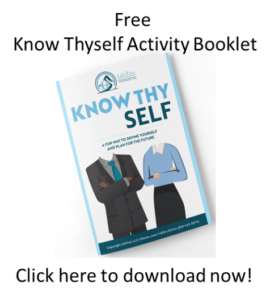 month earlier I would have been in my blues but since 911 battle dress uniforms (BDUs) became the uniform-of-the-day, every day. As I filled up my truck an older man came over to me and pushed a $20 dollar bill into my hand and said, “Let me pay for that”. I thanked him for his offer but told him I couldn’t take it. He persisted and I gratefully told him “no” once again. He smiled, pushed it into my hands one final time, and said “Thank you for your service” and walked away. Since then, similar encounters have happened to me and every military person I know many times. I’ve pondered these encounters for years. Why do people go out of their way to thank us for our service? This question and the answer to it profoundly changed me and has defined the way I view the military, the uniform, and our country.
month earlier I would have been in my blues but since 911 battle dress uniforms (BDUs) became the uniform-of-the-day, every day. As I filled up my truck an older man came over to me and pushed a $20 dollar bill into my hand and said, “Let me pay for that”. I thanked him for his offer but told him I couldn’t take it. He persisted and I gratefully told him “no” once again. He smiled, pushed it into my hands one final time, and said “Thank you for your service” and walked away. Since then, similar encounters have happened to me and every military person I know many times. I’ve pondered these encounters for years. Why do people go out of their way to thank us for our service? This question and the answer to it profoundly changed me and has defined the way I view the military, the uniform, and our country.
Why do Americans honor those in the military more than other professions? Surely nurses, teachers, pastors, and countless other service-oriented professions do more good for society than the military does. Why not honor them in this way? Why do they treat the military as heroes when all we do is the job we signed up for and most of the time there is nothing heroic about it? Eventually, it occurred to me that perhaps these gestures are less about the people in the uniform receiving them and more about the people in the civilian clothes giving them. I didn’t need the $20 for gas, but for some reason, that old man needed to give it to me. To be clear, he would have done this to any person in uniform. The uniform meant something profound to him, worth both his honor and his gratitude. He needed to treat me like a hero because I wore the uniform. But why?
Do people need heroes so much they are willing to give this honor to a person based simply on the uniform they wear? Yes, I now believe they do. In a world that can be confusing, dangerous, and cruel, people often feel fear. Despite the wealth of America, we know that we’re still vulnerable. 911 made this absolutely clear. Just as children need someone bigger to run to for protection, we all need something or someone to run to when we feel threatened. That thing is the uniform of the US military and that someone is the Airman, Guardian, Soldier, Sailor, Marine, or Coast Guardsman who wears it. They see something that is disciplined, strong, and committed to protecting them. Like a child views their protector, Americans believe that nothing is going to harm them unless it goes through people wearing a military uniform first. It gives them a feeling of safety, and this feeling is a requirement for a person to truly feel free. It is this peace of mind that has allowed America to flourish over the years. Those in uniform often get labeled the countries best and brightest. It is, of course, not always true, but that doesn’t change the fact that Americans want to believe they are. The better they perceive those in uniform to be, the safer they feel. The thought of not having the best and the brightest heroes would mean that there might be someone bigger and smarter out there who could hurt them. But it is more than just strength and protection, the uniforms of the US military are a symbol that represents the good guys.
The US military uniform shines as a symbol of power and justice around the world. Every year Gallup conducts a poll of the most trusted professions in America and year after year it shows that Americans hold the military up as one of the most trusted professions of all. It’s not just in America that the U.S. military uniform is perceived this way. I’ve had the honor to serve with service members from nations around the world and I can attest that the incredible professionalism and character of these men and women often rivals that of the US military. But when people around the world see American uniforms it’s a different feeling. It is my experience that most people, in most other countries, regard the U.S. military as highly as Americans do and in many cases more. Any military member who has deployed or worked in foreign countries will tell you several stories about how happy the people they meet are to see American uniforms and how surprising this was, especially in countries that don’t feel the same way about the U.S. as a country. They, like Americans, place their hopes of a fair and just world in the U.S. military.
America and the world are dependent on those wearing the U.S. uniform being the good guys. The U.S. military is the most powerful man-made force the world has ever known. We in the U.S. military are the instruments of peace, but we are also the instruments of death. With this power comes great responsibility. If the U.S. military is not committed to justice and fairness, all hope for justice and fairness is gone. The world needs to know that the strongest guys on the block are the good guys. This knowledge incubates hope. It inspires and enables many other countries to fight off the warlords and criminals that would terrorize and enslave them. They don’t have to fear the bullies of the world as much if they believe in America’s ability to come to their aid should it be necessary. For this reason, we can’t just be the “not-bad” guys, the “neural” guys, or the “self-interested guys”; we must continually strive to be the world’s good guys. We can’t take this security blanket from America or the world. There is no chance for true freedom if we do. This is why those of us who wear the uniform must live by principals and values that ensure we stay just and good in the eyes of America and the world.
If there is one message that needs to be conveyed to all military members it’s that you are all rightfully heroes. But what is a hero? A hero is someone who sacrifices and gives of themselves to save or protect others. Many would justifiably ask, “Does simply being in the military and putting on the uniform make someone a hero?” Absolutely! If for no other reason than because America, and the world, need you to be. We have a saying in the military, “perception is reality”. When you wear the uniform, the perception of you is that you are a hero. But let’s not discount the fact that each service member made the heroic and self-sacrificing decisions that earned them the right to wear that uniform. Not everyone can be in the military and those in the military are constantly measured against the highest standards of personal conduct and performance to ensure the integrity of the uniform is preserved.
In the minds of the American people, there are no doubts that you’re worthy of their trust. The American people put this trust in anyone wearing the uniform because others have gone before and earned it. It’s expected you will do the same. To this day the Marines wear the red stripe down the side of their Class A uniforms as a symbol of the blood that was shed by those that earned this trust. That blood, given by those who wore the uniform before, sealed the covenant between the American people and the military making this a sacred trust shared by all who wear the uniform now. Whether you’re putting on the uniform for the first time as an enlisted trainee or the last time as a retiring general, the fact that you are putting it on binds you with that sacred trust and validates your status as a hero in the minds of the American people. They may not even know you swore an oath to defend them, but they sense it and feel it every time they see the uniform. That’s why you’re a hero.
The more chaotic the world gets, the more the world needs heroes, and the more the U.S. military will be perceived as heroes. When you put on that uniform you are putting on a beacon that says “I am here to defend you. I stand for what’s right and fight that which is wrong, even if it kills me.” That uniform is needed now as much as ever. In a world that sometimes feels upside down, the people of our country, and the rest of the world, look at our uniform and believe that we are their last good hope for peace and justice. They believe that if everything goes to hell the American military will come and make it better. Whether you know it or not, whether you like it or not, that is what that uniform means to America and the majority of the world. That’s why that old man gave me $20.
P.S.
Hi, this is the author. If you like this story please read a bit further. We are living in a time when many are experiencing a crisis of the soul. They have either forgotten or have never learned important life lessons and they may be isolated and alone getting the vast majority of their interaction through the internet and social media. Social media is a powerful way of communicating but unfortunately, we tend to show only the sensational stuff, pictures of good times and successes. I like to see these too but when all we see is people living the high life we can’t help but compare ourselves to them, or at least, what we see of them. Our mundane and problematic life seems inferior and even pathetic. For some, especially young people, this is very dangerous and can contribute to serious depression. I believe we can help change this.
Like you, I have learned a lot of hard lessons in life and paid a lot in stupid tax. Some people say they have no regrets. Not me, I have plenty. I don’t want to repeat them or have others make the same mistakes. As humans we are social creatures, we are meant to sit by the fire and share stories of our triumphs and failures as a way of passing down our lessons learned to make the next generation smarter and more prepared. As we get older we have an obligation to pass down our stories to the next generation and they have an obligation to learn from them. This is the foundation of all human societies since the first campfire.
By sharing our stories we can do something to help those who are in crisis, perhaps it’s a small thing, but for the one person that needs to hear your story, it can have a huge impact. Through a real story, from a real person, they will know they’re not alone and they can learn from our mistakes. It is through these stories we make meaningful connections to other people.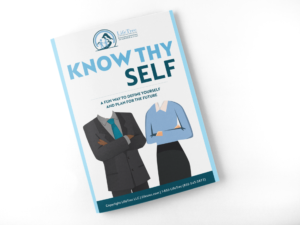
If you agree with the last few paragraphs and would like to see more stories like this please like this story and follow LifeTrec on Facebook and share it with your friends. Make sure to add your comments and share similar lessons learned this story may have inspired you to remember. But don’t stop there, please consider telling your own story. The first step in telling your story is to define who you are. If you have ever tried this then you know it’s hard. To help you we have provided a free Know Thyself Activity Book which is both fun and revealing. Click here to download.
For more stories like this please visit lifetrec.com/articles. For more information please contact us via email at info@lifetrec.com. We’re waiting to hear your story.
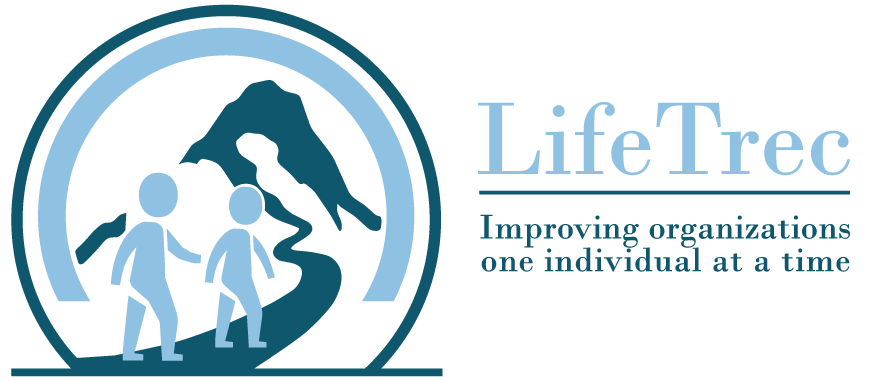



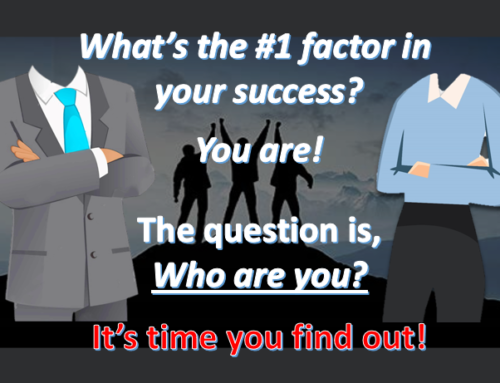
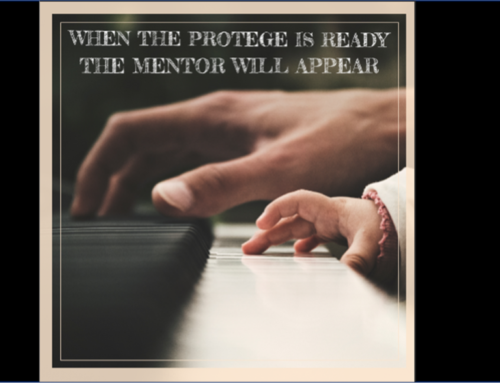
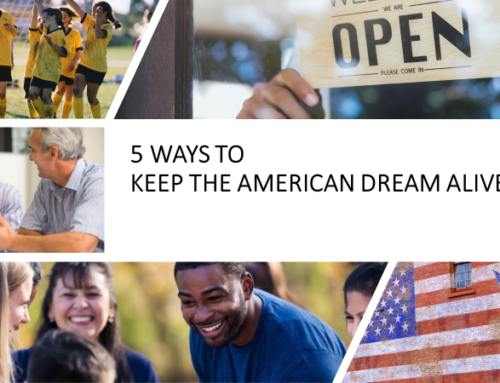





Great article!
Good read, very insightful!